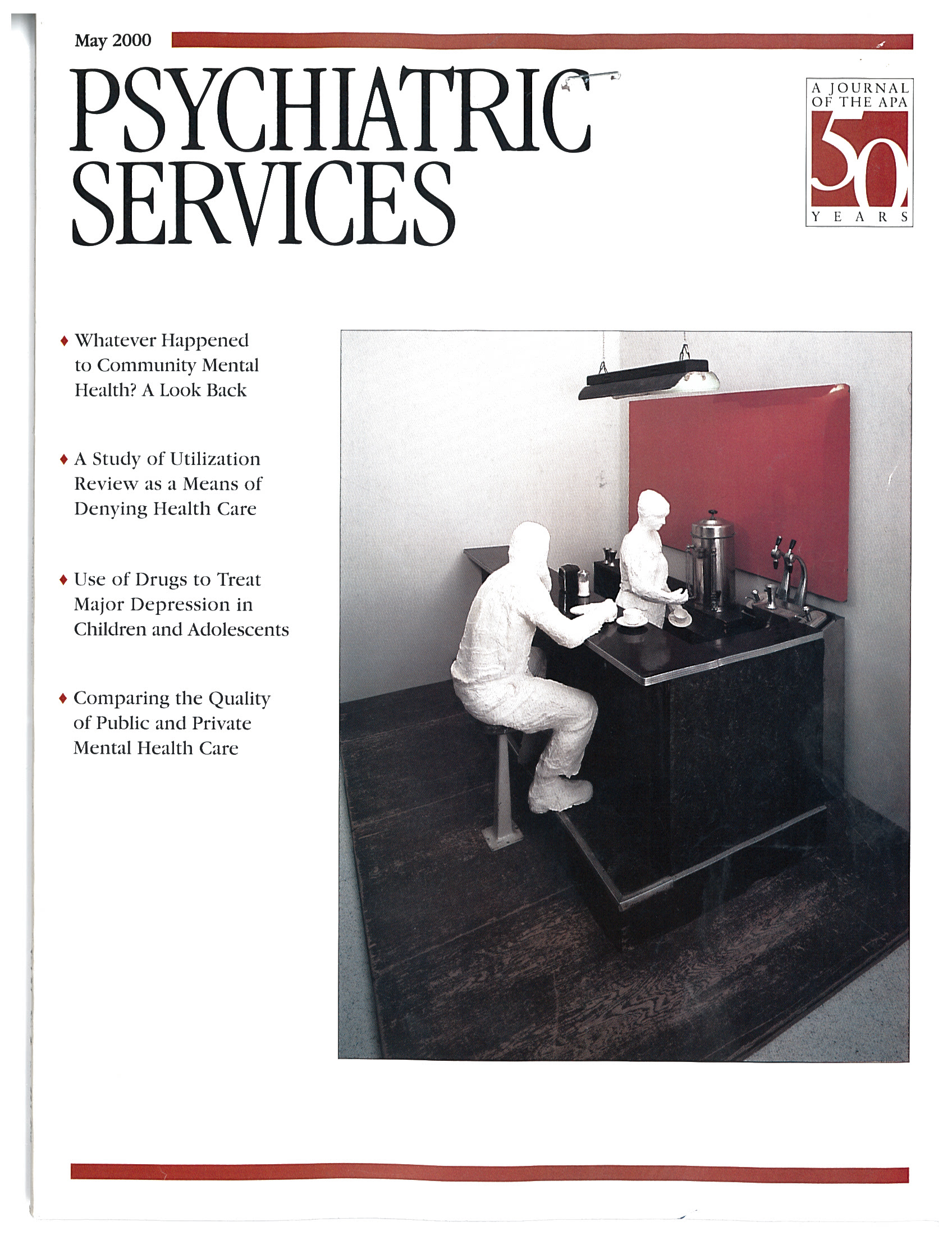"Patient" versus "Client"
In Reply: We agree with Mr. Kensinger's view about the contextual nature of the use of terminology. In our study, we did not examine specifically the preferences of service providers and service recipients for the term "customer." However, the term was not suggested by any of the service providers in our "other" category, nor was it endorsed appreciably by service recipients. Interestingly, according to Collins English Dictionary (1), one of the meanings of "client" is "customer."
As we discussed in our article, the difference in the use of terms in Canada and the United States may be in part related to universal versus managed care delivery systems. The choice of term is perhaps a matter of personal preference and not the literal meaning from the dictionary.
We thank Dr. Cahn for his comments. To the best of our knowledge, there are no systematic data to support the increased trend in use of the term "client" over "patient." Although the literal meaning of the terms may differ, the choice of the word really refers to the connotation inferred by the individual. As noted above, one meaning of the word "client" is "customer," a term in vogue but not preferred by our study population. We doubt if our colleagues and patients actually looked in a dictionary to decide on their preference for describing a service recipient.
1. Collins English Dictionary. New York, HarperCollins, 1998Google Scholar



